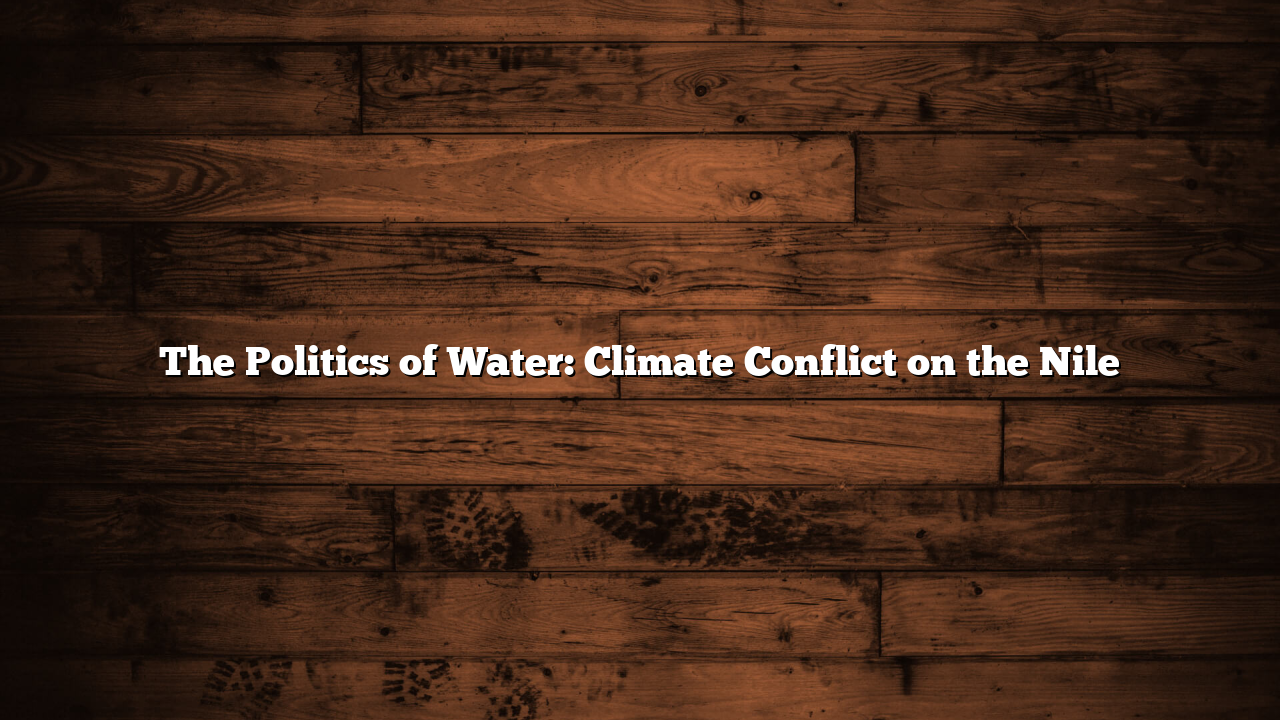Water scarcity is emerging as one of the defining geopolitical challenges of the 21st century. Nowhere is this clearer than along the Nile River, where Ethiopia’s Grand Renaissance Dam (GERD) has sparked tension with slot777 daftar downstream Egypt and Sudan.
Ethiopia views the dam as essential to its development — a project of national pride promising clean energy and industrial growth. But Egypt, which depends on the Nile for 90% of its freshwater, fears reduced flow could devastate agriculture and threaten millions of livelihoods. Sudan, caught in the middle, oscillates between supporting Ethiopia’s energy ambitions and fearing downstream flooding.
Despite years of African Union–led mediation, negotiations remain deadlocked. Cairo has sought international intervention, even hinting at military options. Addis Ababa insists its right to use the Nile’s resources is non-negotiable. Climate change compounds the crisis, with unpredictable rainfall patterns intensifying both droughts and floods.
The World Bank warns that “water wars” may define future conflicts if transboundary agreements fail. While full-scale conflict remains unlikely, the rhetoric has become sharper, reflecting rising nationalism across the region.
Experts argue that a regional water-sharing framework — combining technological cooperation and equitable rights — is urgently needed. The Nile dispute encapsulates a broader truth: as global warming accelerates, water is no longer just a resource; it’s a source of power, identity, and potential war.
